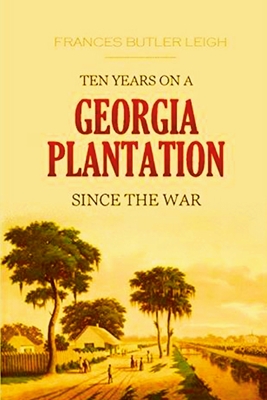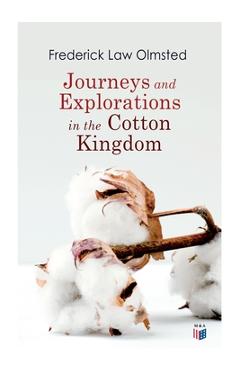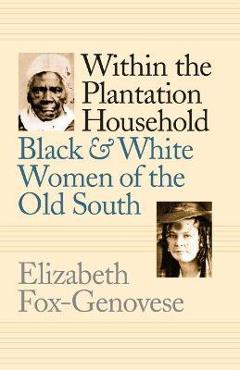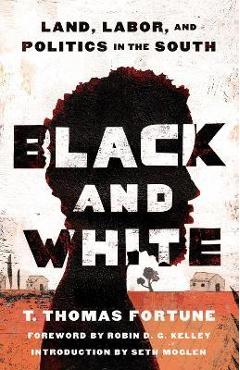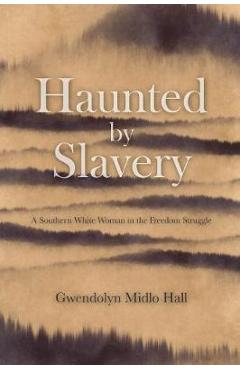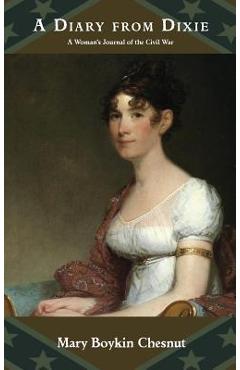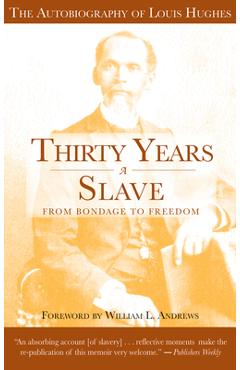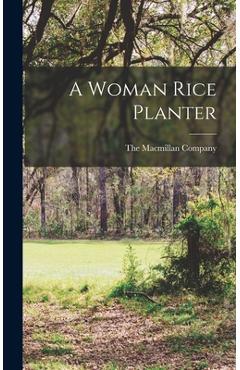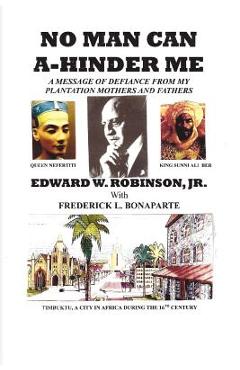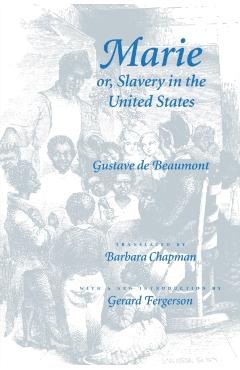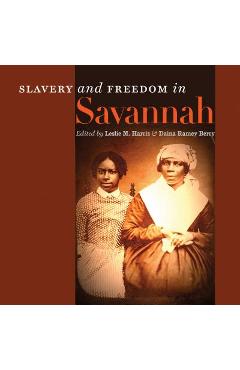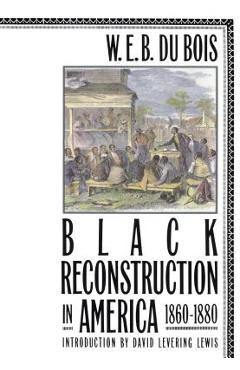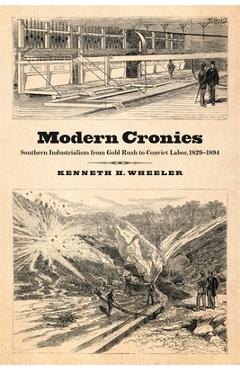"One of the most valuable contributions yet made to our knowledge of the state of the South." - Saturday Review Frances Butler Leigh (1838-1910) was the daughter of Pierce Mease Butler and famous English actress Frances Anne "Fanny" Kemble, who owned cotton, tobacco and rice plantations on Butler Island, among the largest in Georgia, just south of Darien, Georgia, and the hundreds of slaves who worked them.
The family visited Georgia during the winter of 1838-39, where they lived at the plantations at Butler and St. Simons islands, in conditions primitive compared to their house in Philadelphia. Kemble was shocked by the living and working conditions of the slaves and their treatment at the hands of the overseers and managers, which led to her divorcing Pierce.
In 1863, Kemble published "Journal of a Residence on a Georgian Plantation in 1838-1839," which included her observations of slavery and life on her husband's Southern plantation in the winter of 1838-39.
After the divorce Frances Butler Leigh sided with her father on the plantations and later inherited them after the Civil War. Based on her experience, Leigh published "Ten Years on a Georgian Plantation since the War (1883)," as a rebuttal to her mother's account.
Leigh notes that after the Civil War "the whole country had of course undergone a complete revolution... our slaves had been freed; the white population was conquered, ruined, and disheartened, unable for the moment to see anything but ruin before as well as behind, too wedded to the fancied prosperity of the old system to believe in any possible success under the new."
After the war the plantation fields had not been cultivated in four years and the former slaves agreed to work, but they would now have to be paid.
Regarding the productivity of hired help, Leigh writes critically:
"The prospect of getting in the crop did not grow more promising as time went on. The negroes talked a great deal about their desire and intention to work for us, but their idea of work, unaided by the stern law of necessity, is very vague, some of them working only half a day and some even less. I don't think one does a really honest full day's work, and so of course not half the necessary amount is done and I am afraid never will be again, and so our properties will soon be utterly worthless, for no crop can be raised by such labour as this."
